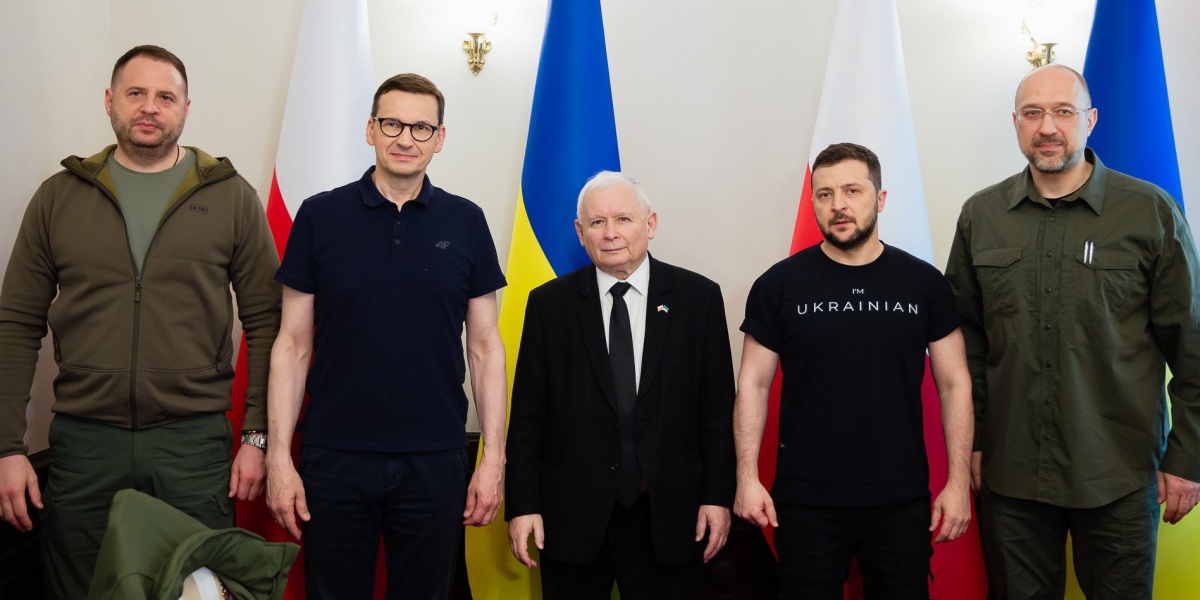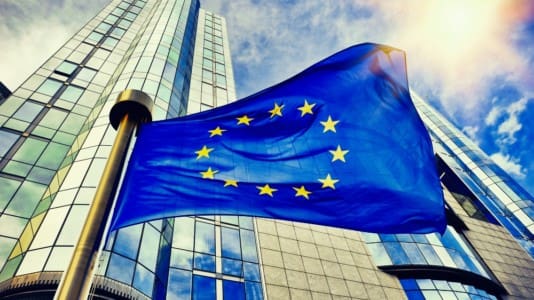The war in Ukraine has finally extinguished any hope of peaceful coexistence with Russia and has revealed the weakness of the European Union. The bloc has failed to produce a coherent policy to combat Russia, offer real help for Ukraine, or agree to stringent sanctions on Russia. Meanwhile, the biggest countries in the EU — Germany, France and Italy — have slammed the breaks on Ukraine’s accession to the EU.
At the same time, the same EU was willing to sanction Poland nominally for non-compliance with the rule of law, even though its reforms were in line with what has been done in other EU states. In reality, these sanctions were an attempt to overthrow the current Polish government and return to the colonial politics of making Poland subordinate to Germany.
Poland and the Baltic states have done far more to help Ukraine in military, economic and political terms than Western Europe. Thanks to these countries, and the U.S., U.K. and Canada, NATO’s response has been far more consistent and solid than that of the top EU states, which continue to yearn to do business with Putin.
The Ukrainian diaspora, a growing force in Europe, understands this only too well. They see the division between the Atlantic core and the rest. Just after the Russian invasion in 2014, Ukrainians began to hark back to the days of the multinational commonwealth led by Poles. This was surprising given past animosities and objections to alleged past Polish domination that Russia often uses in its propaganda to divide the two nations.
Today, all Ukrainians and their politicians are grateful to Poland and disappointed in Germany. The lifting of EU customs barriers for Ukraine for a year makes economic integration with Poland easier, which is proceeding apace thanks to the Russian blockade and the mass migration of Ukrainians into Poland. And Poland is not likely to then tolerate any attempt by the EU to put the customs barriers back, a move that could place Poland in a position where it has to make a choice that could change the geopolitics of Europe.
U.K. Prime Minister Boris Johnson sees this and has already proposed an alliance to integrate Britain, Poland, Ukraine and the Baltic states, and eventually maybe Turkey. The U.S., Canada, Japan, and Australia could also be interested in such a free trading and military bloc, especially bearing in mind that Ukraine has 20 percent of the world’s minerals and is one of the biggest producers of grain. The region in question is well positioned on the Eurasian trading route as well.
If Berlin and Paris persist in blocking Ukrainian accession to the EU and return to business as usual with Moscow, this will create a mortal danger for Poland. But the lifting of customs barriers means Ukraine is integrating with the EU through energy interdependence and industrial cooperation. Britain is already integrated with the EU despite Brexit — this could create the conditions for making the EU one large free trading zone. However, this is not the policy of Berlin and Paris who prefer to see an ever closer union as one superstate.
One solution would be a two-speed Europe, with one large free trade zone working with the U.S. and Canada but within which a core number of states can opt for faster and deeper integration. This may be an optimal solution for Poland, rather than a division into two European unions.
Poland has benefited from EU funds and access to markets. But it has lost some sovereignty and is increasingly concerned about attempts to meddle in its internal politics and economy. Until the outbreak of war, there seemed no alternative for Poland but to grin and bear it. But now there may be, and given Poland will, in a few years, be a net contributor to the EU budget, being subject to diktat from Berlin will become less attractive.
Poland must steer clear of all attempts to create a European superstate. That superstate is likely to form, and a strategy needs to be developed immediately to ensure Poland and others have a choice that keeps their economy, security, and sovereignty in place.






